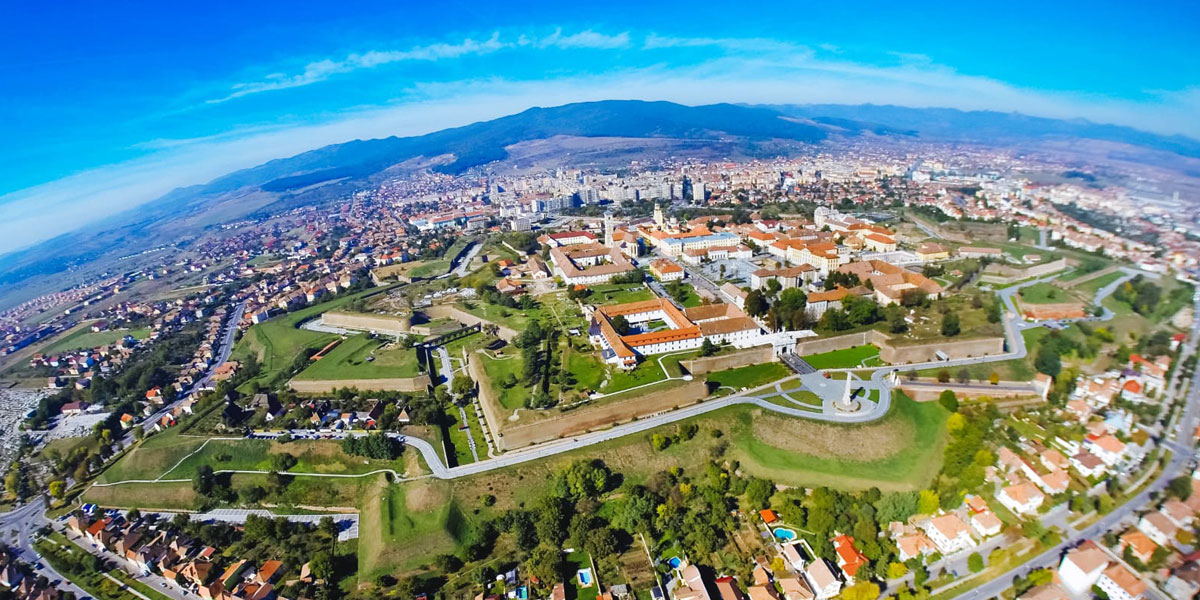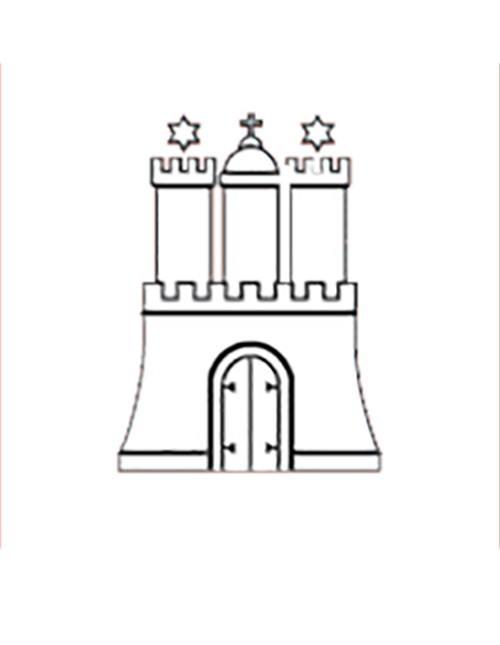According to the World Bank, Alba Iulia has a strong institutional capacity for planning urban development and attracting finance for urban projects. It has seen significant investment in recent years in infrastructure and cultural tourism and has undertaken a significant rebranding exercise. A rich history has left Alba Iulia with a fine heritage, particularly the 18th-century Alba Carolina Citadel Alba Iulia has grown in the last 5 years to become one of the most visited places in Romania. The economy of the city is strongly based on SMEs and also an important number of large companies in the following fields: porcelain, automotive parts, food-drinks industry, tourism, construction, transportation.
Alba Iulia has a relatively low levels of international immigration however It has a significant ethnic minority group in terms of it’s Roma population. According to the last census in 2011, the Roma population was officially 2535 (3.4% of the total population of Alba Iulia). However, official statistics are inaccurate and conservative as not all Roma people declare themselves as Roma. The population is growing rapidly in comparison with the non-Roma population. Roma communities are present in many parts of the city, but the neighbourhood ‘Lumea Noua’ is nearly exclusively Roma (95%). The Roma have had a constant presence in the city for over 100 years.
Alba Iulia has participated in several transnational learning programmes, including the URBACT project ‘Exploring current approaches to strengthen social cohesion in neighbourhoods- CoNet’ and has expertise and experience in transferring practice from other cities.






